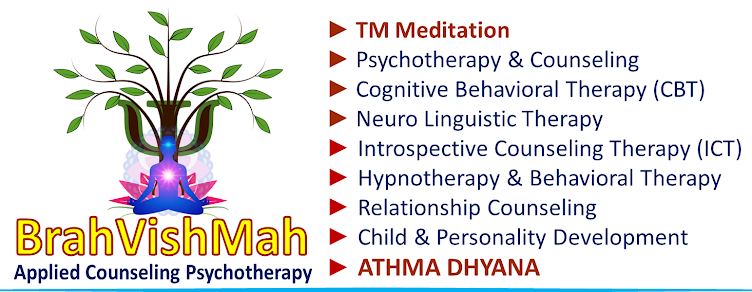Dependent personality disorder is an anxious personality disorder. People with DPD often feel helpless, submissive or incapable of taking care of themselves. The need to be taken care of results in loss of their autonomy and interests. Because they are intensely anxious about taking care of themselves, they become excessively dependent and submissive. People with dependent personality disorder strongly doubt their own abilities and skills and cultivate an air of helplessness. Their fear of abandonment is strong, and someone with dependent personality disorder may lie about their ability to perform certain tasks in order to get one of their valued people to do it for them. This creates the idea that they cannot do that task without the other person, preventing the other person from leaving them.
Symptoms
1) Difficulty making decisions without the input or presence of others
2) Being overly passive or submissive
3) An inability to disagree with or argue with others
4) Allowing or preferring other people to handle your personal business
5) Extreme fear of abandonment, especially by loved ones
6) Intense sadness and lethargy when a loved one leaves or after a breakup
7) A willingness to do anything in your power, including putting up with abuse or mistreatment or doing dangerous or illegal things, to please a valued person or keep them near you
8) Having trouble starting projects or doing things alone and Constantly seeking relationships and cultivating them in order to not be alone, no matter how unhealthy the relationship may be
Primary Causes
1) Traumatic abandonment in childhood through family circumstances or war
2) A family history of personality disorders, depression, or anxiety
3) Surviving childhood abuse, including stifling parenting, withdrawn parenting, or having parents who punished individual thinking
4) Having a chronic physical illness in childhood
Life pattern of people having DPD
1) For those who have a dependent personality, even the simplest decision can be difficult. They may ask for input about what to wear or what to eat for lunch
2) Larger decisions, such as what job to have and where to live, are often left to parents or a spouse
3) Additionally, individuals with dependent personality may have difficulty standing up for themselves. They may allow others to abuse or take advantage of them
4) Even when anger is appropriate for the situation, they often struggle to express their frustrations for fear of losing support
5) Individuals with dependent personality urgently seek out relationships to get support or reassurance
6) They may attach to people before getting to know them or stay in relationships that are toxic, abusive, or otherwise unhealthy in order to maintain their support network
7) Individuals with dependent personality may also be more likely to experience depression, avoidant personality, and borderline personality
Treatment
1) Psychotherapy is the primary treatment for dependent personality. The focus of therapy is typically on helping people to become more independent. Cognitive behavioral therapy (CBT) may be used to help individual challenge negative thoughts and start engaging in more independent behaviors
2) No
medication is approved to treat dependent personality disorder directly, but
some medications like anti-anxiety drugs, antidepressants, and mood stabilizers
can help control the symptoms




No comments:
Post a Comment